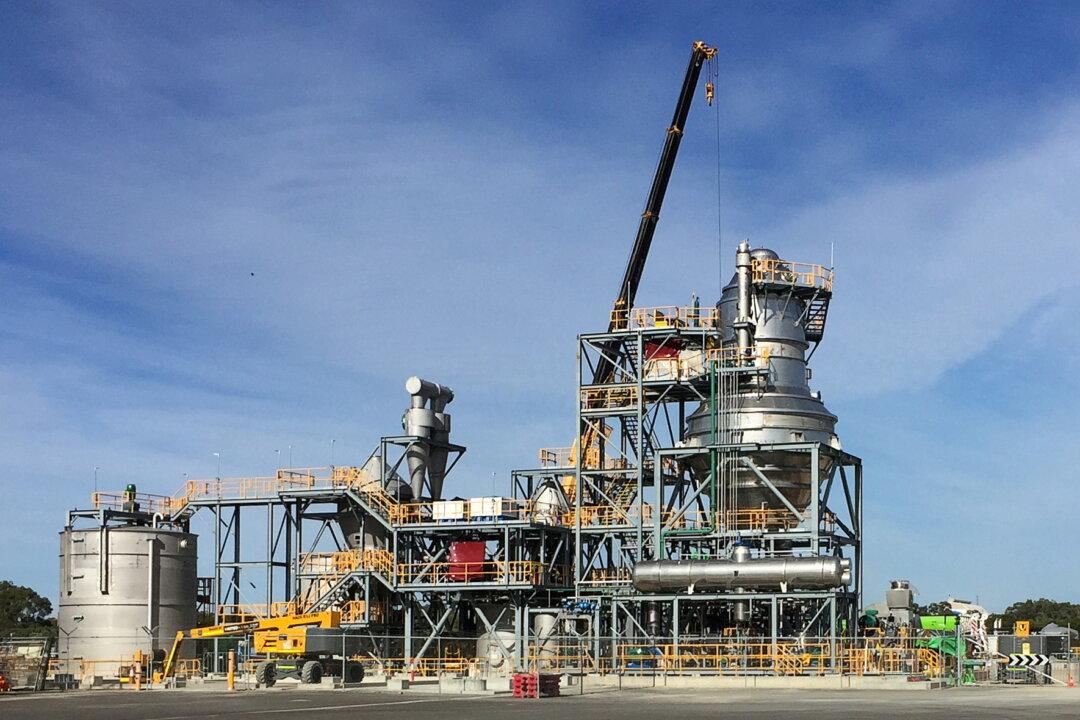The federal government is fast-tracking production tax credits to try to protect the failing Australian nickel mining industry, on top of the 50 percent royalty discount over 18 months announced by the Western Australian (WA) government.
The measures are in response to warnings from mining giant BHP and other nickel miners that they may have to cease operations—with the loss of thousands of jobs—because of a glut of low-priced minerals being produced by Indonesia and China.





